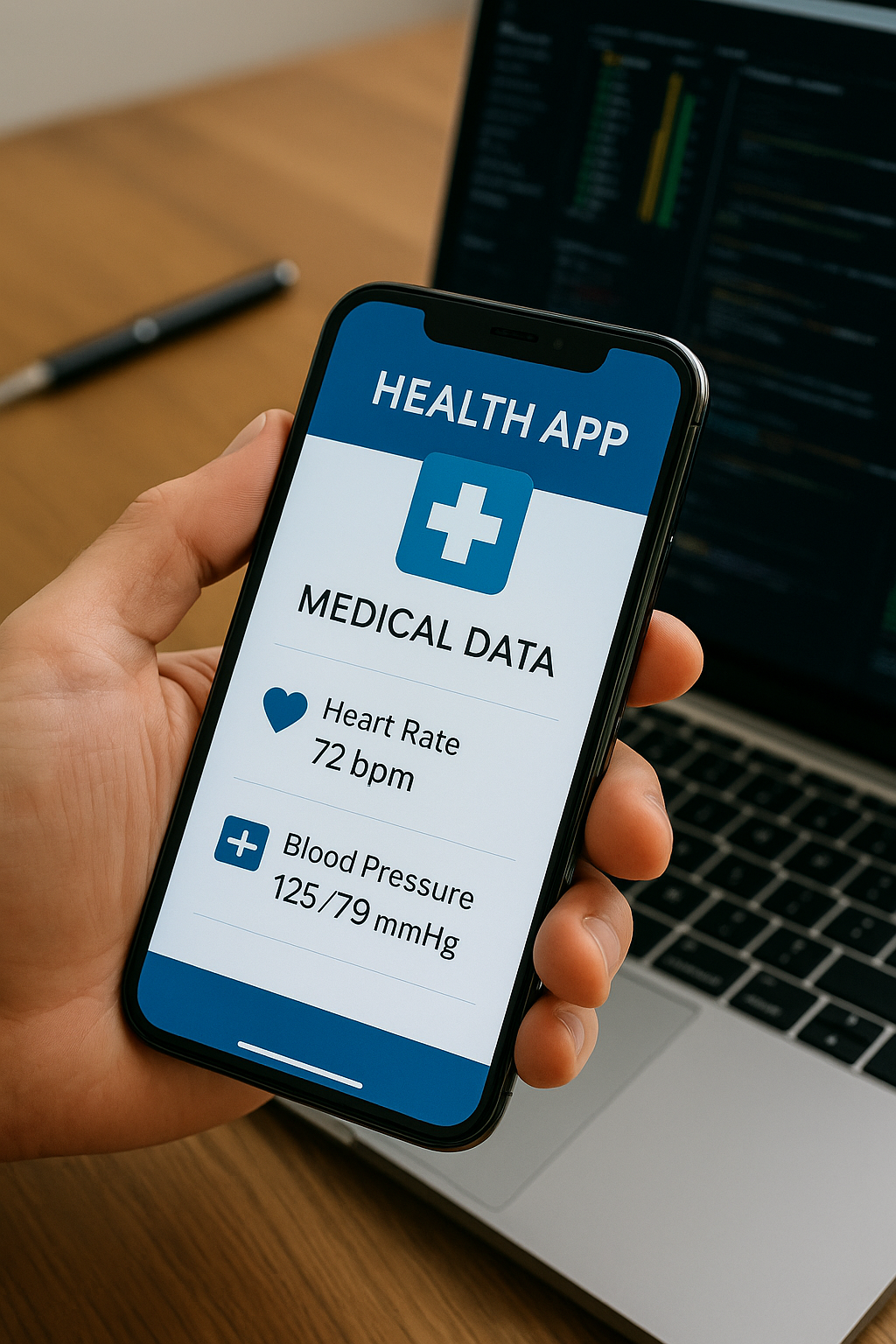Millions of patients at risk as mHealth apps leak private health data
The privacy failures seen across mHealth apps are not merely the result of developer oversight but of systemic neglect reinforced by weak market incentives and regulatory loopholes. The commercial success of these apps often depends on aggressive data collection for targeted advertising, user profiling, and third-party SDK monetization.

A new cybersecurity study reveals alarming privacy risks in mobile healthcare (mHealth) applications that millions of users rely on daily. It clearly states that privacy must be treated not as an afterthought but as a core component of patient safety.
The paper, titled “Your Doctor is Spying on You: An Analysis of Data Practices in Mobile Healthcare Applications,” uncovers how many mobile health apps on the Google Play Store silently collect sensitive health data, transmit it insecurely, and violate basic privacy principles that underpin medical confidentiality laws such as HIPAA and GDPR.
Digital health under scrutiny: How widespread are the security breaches?
The study, published in 2025, offers one of the largest empirical investigations into mobile healthcare privacy practices to date. It analyzed 272 Android-based mHealth apps spanning categories like fitness tracking, telemedicine, medication management, and menstrual health. Using advanced automated tools, MobSF, RiskInDroid, and OWASP Mobile Audit, the researchers performed static and dynamic security analyses, while also reviewing 2.56 million user comments to correlate user sentiment with real-world risk exposure.
Their findings reveal an industry-wide privacy crisis. Nearly half of all tested apps (49.3%) used outdated SHA-1 encryption, and 42 apps transmitted sensitive data, such as heart rate, GPS location, and medical notes, without any encryption at all. The study further uncovered that 26.1% of apps requested fine-grained location permissions without informing users, while 18.3% could place calls silently without consent.
Equally concerning, 73 apps were capable of sending SMS messages without user notification, and 22 apps were found to accept all TLS certificates, leaving users vulnerable to man-in-the-middle (MITM) attacks. Two apps had certificate pinning disabled, a flaw that allows attackers to impersonate secure servers. The researchers found that on average, each app contained 44 critical vulnerabilities, including weak authentication mechanisms, insecure data storage, and poor permission management.
These technical findings demonstrate that privacy breaches are not isolated incidents but systemic flaws rooted in the app development process itself. Many of these vulnerabilities violate basic principles of secure coding and directly expose users’ health information to exploitation by third parties, advertisers, or cybercriminals.
Correlation between app insecurity and user distrust
The authors used natural language processing (NLP) to analyze millions of app reviews, revealing a clear relationship between security weaknesses and user dissatisfaction. Apps that exhibited higher rates of insecure cryptography, unencrypted transmissions, or intrusive permissions had a significant negative correlation with user sentiment.
The strongest associations were found between permission overreach (r = 0.62), insecure cryptography (r = 0.54), and unencrypted communication (r = 0.47). Out of 2.56 million reviews, over 553,000 directly mentioned privacy concerns, including unwanted data sharing, invasive permissions, and hidden tracking behaviors.
The sentiment analysis revealed that users are increasingly aware of privacy violations. Many negative reviews referenced issues like location tracking without consent, unexplained data sharing with third parties, and performance degradation linked to excessive background network requests. Despite this growing awareness, users remain largely powerless, most apps operate in opaque ecosystems that obscure how personal data is collected, stored, or monetized.
The authors argue that this pattern highlights a deeper structural failure in digital health governance. While many apps market themselves as compliant with HIPAA or GDPR, the research shows that compliance claims are often misleading or unverifiable. In many cases, privacy policies were either incomplete, inconsistent with the app’s behavior, or absent altogether.
This breakdown between technical design and regulatory intent, the study warns, undermines the very foundation of trust in digital healthcare. For patients relying on mHealth platforms for chronic disease management or telemedicine, the consequences of unauthorized data exposure can be catastrophic, ranging from identity theft to insurance discrimination.
A systemic failure of oversight: The call for regulation and reform
The privacy failures seen across mHealth apps are not merely the result of developer oversight but of systemic neglect reinforced by weak market incentives and regulatory loopholes. The commercial success of these apps often depends on aggressive data collection for targeted advertising, user profiling, and third-party SDK monetization.
The authors call for a multi-layered reform strategy to address the growing risks. First, they recommend embedding secure-by-design principles in the app development lifecycle, ensuring privacy protections are engineered from inception rather than retrofitted after deployment. They further advocate for mandatory automated auditing systems for app stores, where tools similar to MobSF could automatically flag insecure or noncompliant applications before public release.
Additionally, they urge national regulators and international data protection authorities to adopt real-time compliance monitoring frameworks, integrating cross-checks between declared permissions, API calls, and observed network behaviors. Such automation, the authors argue, would prevent insecure apps from reaching users in the first place and close the enforcement gap that currently allows health data misuse to persist unchecked.
The paper also highlights the urgent need for greater transparency and accountability in digital healthcare ecosystems. App developers should be required to disclose clear permission justifications and implement granular consent mechanisms allowing users to control what data is shared. Similarly, app stores should maintain public vulnerability registries, where independent researchers can report and track remediation of security flaws.
On a broader policy level, the authors suggest that frameworks such as HIPAA and GDPR must evolve to reflect the realities of cloud-connected, cross-border data processing in mobile health contexts. Current regulations, written in an era of centralized healthcare IT, fail to address the decentralized and data-intensive nature of mHealth platforms.
- FIRST PUBLISHED IN:
- Devdiscourse










